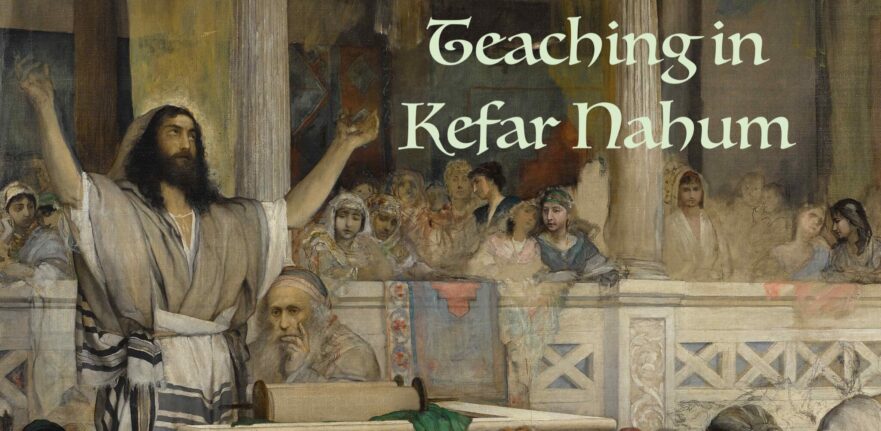A clash between entrenched demonic powers and one proclaiming the Kingdom of Heaven.
Heaven and Earth Pass Away

Jesus claimed his interpretations would bring out the true intention of the Torah’s commandments without rendering a single verse, word, letter, or even pen stroke superfluous.
Teaching with Authority: The Development of Jesus’ Portrayal as a Teacher within the Synoptic Tradition
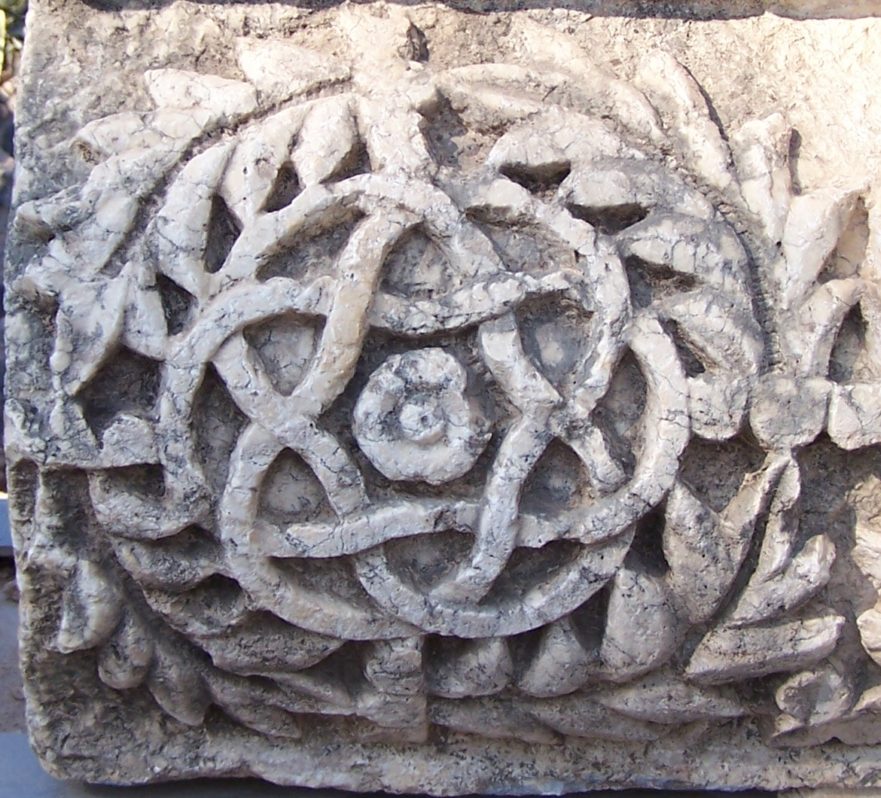
When Jesus’ teaching is falsely portrayed as entirely new, it obscures what in Jesus’ message is truly unique.
Innocent Blood
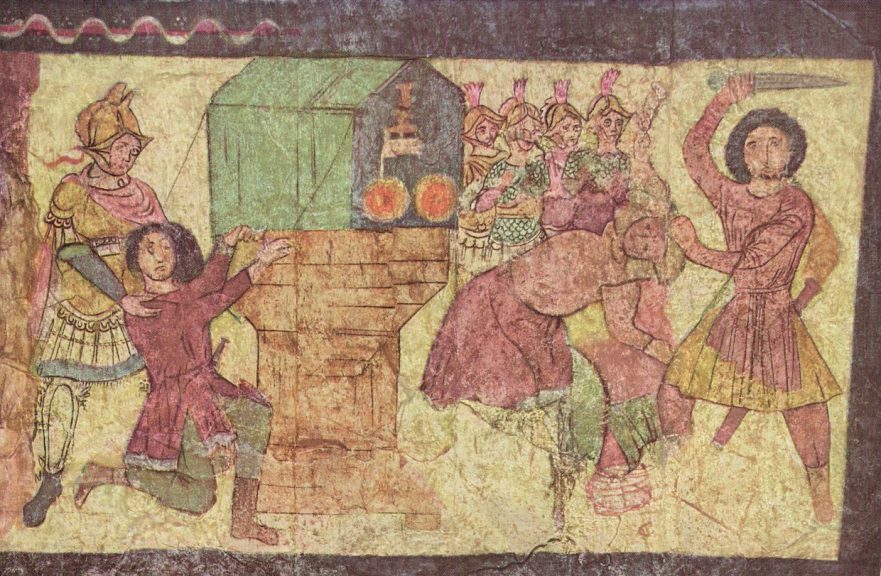
How well-read was Jesus? The LOY segment entitled Innocent Blood probes the possibility that Jesus read and quoted a no-longer-extant Second Temple-period Jewish literary work that warned against violent religious extremism.
Generations That Repented Long Ago
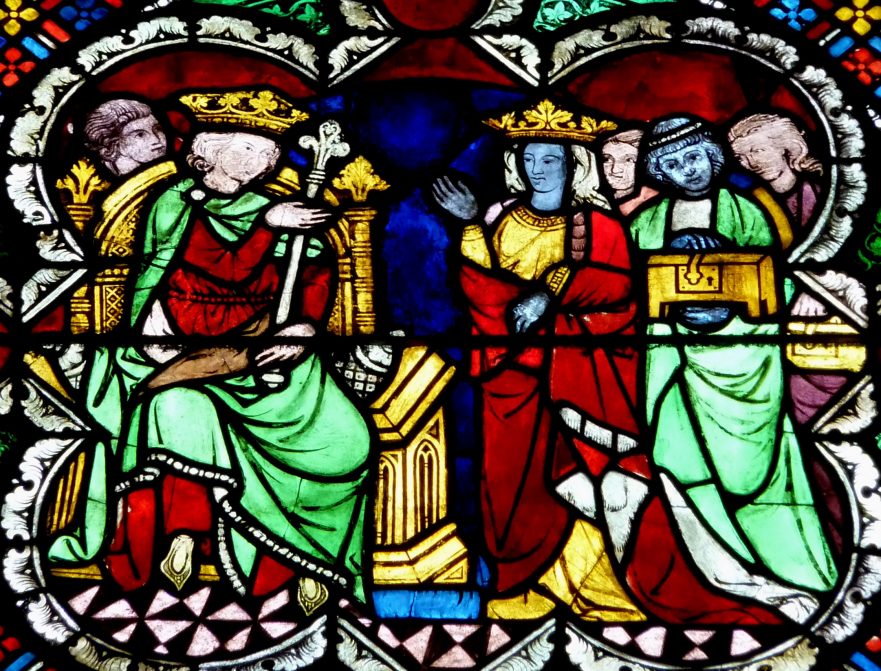
Did Jesus condemn his contemporaries for failing to recognize him as the Messiah or for something more insidious?
Notes on the New Testament as a Witness for Broader Jewish Patterns in Jesus’ Times
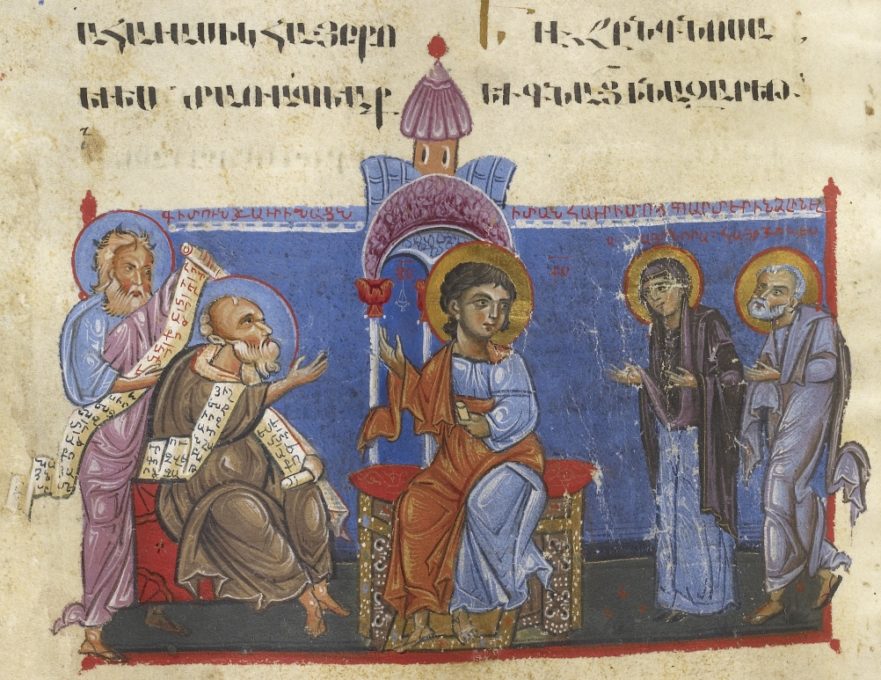
This essay probes a number of Matthean and Lukan contributions to the shared Synoptic narrative, in search of possible reflections of contemporaneous Jewish customs and beliefs with broader circulation.
Doesn’t the Bible Call Jesus a Rabbi?

From the Gospel accounts, Jesus clearly appears as a typical first-century Jewish sage, and was famous enough to draw students to himself.
The Western Captivity of the Apostle Paul

It is now a commonplace observation among scholars that Paul’s most basic convictions were misrepresented by the most dominant streams of Western theology.
The New International Jesus
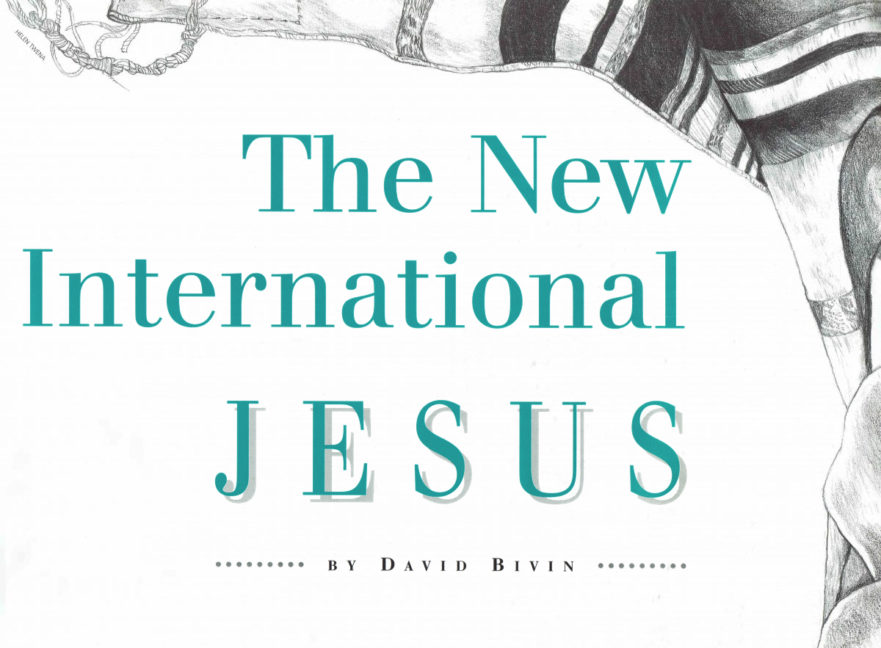
Inaccuracy in translating either through ignorance or because of an obscure manuscript reading is to be expected, but to skew wittingly due to academic bias or religious tendentiousness smirches the reputation of a venerable profession.
Was Jesus a Rabbi?
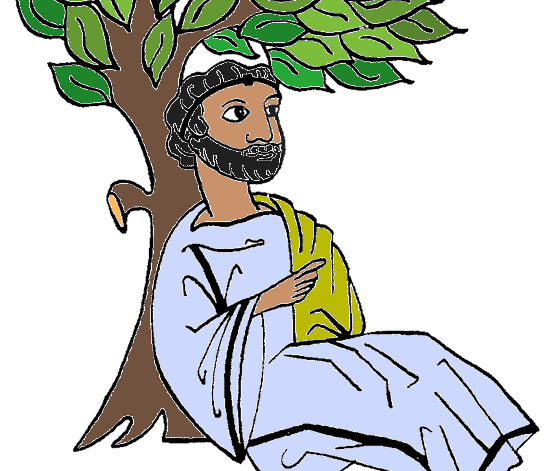
It was only after 70 A.D. that רַבִּי (rabi) became a formal title for a teacher, and thus cannot correctly be applied to Jesus.

